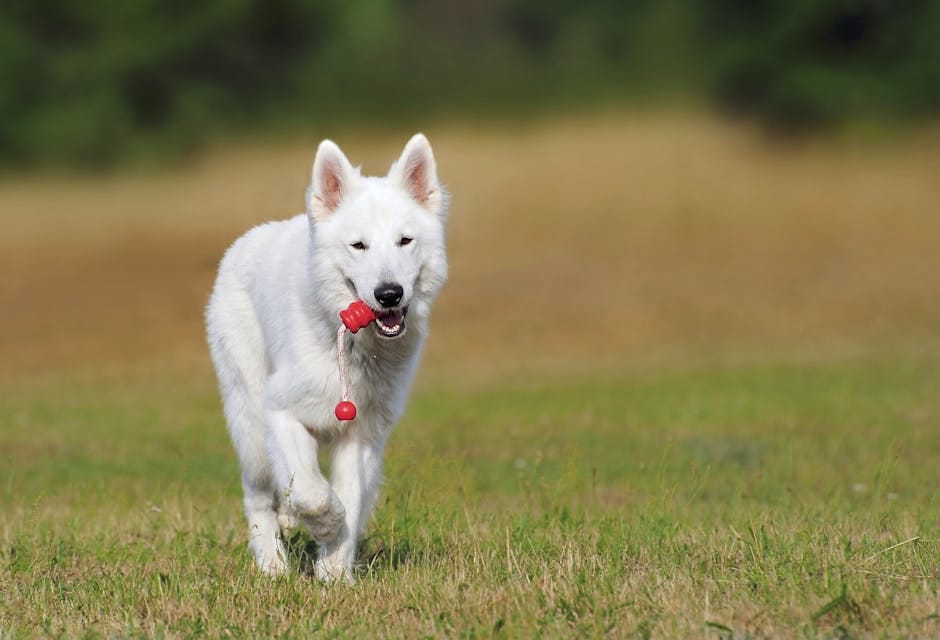Dog training is an essential aspect of responsible pet ownership. It not only provides numerous benefits for your furry companion but also fosters a strong bond between the two of you. In this comprehensive guide, we will delve into the world of dog training, exploring the techniques, benefits, and challenges involved.
**Benefits of Dog Training**
Training your dog offers an array of advantages. It enhances their obedience, improving their behavior at home and in public settings. Well-trained dogs are more likely to respond to commands, reducing the risk of accidents or harm. Additionally, training stimulates your dog's mind, preventing boredom and destructive behavior.
**Techniques for Dog Training**
There are numerous dog training techniques available, each with its own strengths and weaknesses. The most common methods include:
* **Positive Reinforcement:** Rewarding desirable behaviors with treats, praise, or other positive stimuli.
* **Negative Reinforcement:** Removing undesirable behaviors by ignoring them or providing mild corrections.
* **Clicker Training:** Using a clicker to mark desirable behaviors, which are then rewarded.
* **Dominance-Based Training:** Establishing yourself as the leader through physical force or intimidation (not recommended).
**Choosing the Right Technique**
The best training technique for your dog depends on their individual temperament and learning style. It's important to consider their age, breed, and any underlying behavioral issues. If unsure, consult with a professional dog trainer for guidance.
**Challenges of Dog Training**
Dog training can be challenging, especially if your dog has behavioral problems or is resistant to training. However, with patience, consistency, and persistence, you can overcome most obstacles. Common challenges include:
* **Lack of Motivation:** Some dogs may not be interested in training or lack the motivation to behave.
* **Miscommunication:** Failing to communicate your commands clearly or consistently can lead to confusion and frustration.
* **Environmental Distractions:** Training in distracting environments can make it difficult for your dog to focus.
**Overcoming Challenges**
To overcome these challenges, it's essential to:
* **Make training fun and rewarding:** Engage your dog in activities they enjoy and provide them with treats or praise for good behavior.
* **Be consistent and patient:** Repeat commands and reinforce desired behaviors over time. Avoid using physical punishment or harsh corrections.
* **Train in a distraction-free environment:** Start training in quiet, controlled areas and gradually introduce distractions as your dog progresses.
**Conclusion**
Dog training is a rewarding and fulfilling experience that can strengthen the bond between you and your furry companion. By understanding the benefits, techniques, and challenges involved, you can effectively train your dog and create a harmonious and enjoyable relationship. Remember to approach training with patience, consistency, and a positive attitude, and you will be amazed at the transformative results.
